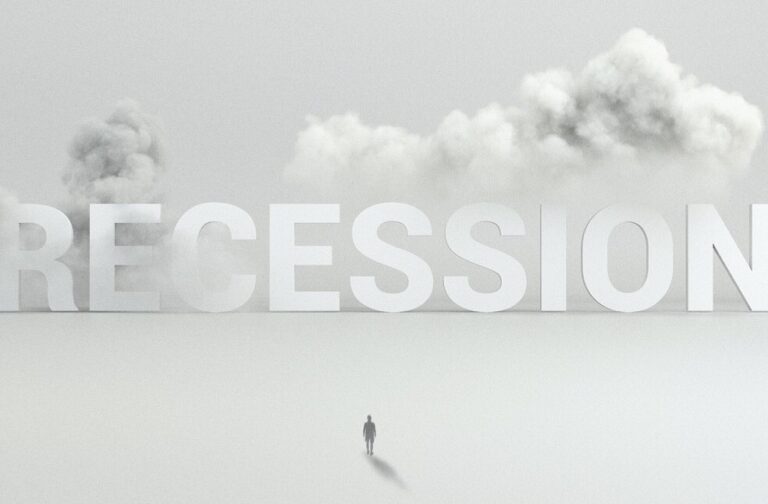New Zealand: New Zealand’s economy has officially entered into a recession as the country’s central bank aggressively raised interest rates to a 14-year high, according to official figures. The gross domestic product (GDP) recorded a contraction of 0.1 percent in the first quarter of the year, following a 0.7 percent decline in the previous quarter, meeting the technical definition of a recession.
The Reserve Bank of New Zealand (RBNZ) has been progressively increasing borrowing costs since October 2021, making it one of the first countries to raise rates in response to the pandemic. It has outpaced the US Federal Reserve in this regard, with its main interest rate reaching 5.5 percent last month. However, the impact of these rate hikes is now being felt by New Zealanders, who are grappling with higher mortgage repayments and increased costs of other loans.
The surge in interest rates is taking a toll on the economy and households already facing rising prices. Many individuals are feeling the strain, with some reporting job losses in certain industries as companies seek to cut costs. However, consultancies working with large global firms appear to be faring comparatively better.

The global trend of central banks raising interest rates to control inflation, which was fueled by the reopening of economies following COVID lockdowns, has also contributed to the economic challenges in New Zealand. Inflation was further exacerbated by the escalating costs of essentials such as fuel and food due to the Ukraine war.
Aside from monetary policy factors, New Zealand’s economy faced additional setbacks in the first quarter, including the impact of Cyclones Hale and Gabrielle and teachers’ strikes. These adverse weather events resulted in declines in horticulture and transport support services, as well as disruptions to the education sector.
The recent contraction in GDP has led to expectations that the RBNZ will not pursue further rate hikes in the near future. While the central bank previously indicated its plans for no further increases, the recession reinforces this stance. New Zealand’s economic performance in the coming months will be closely watched as policymakers assess the need for any additional measures to stabilize the economy and support recovery.



